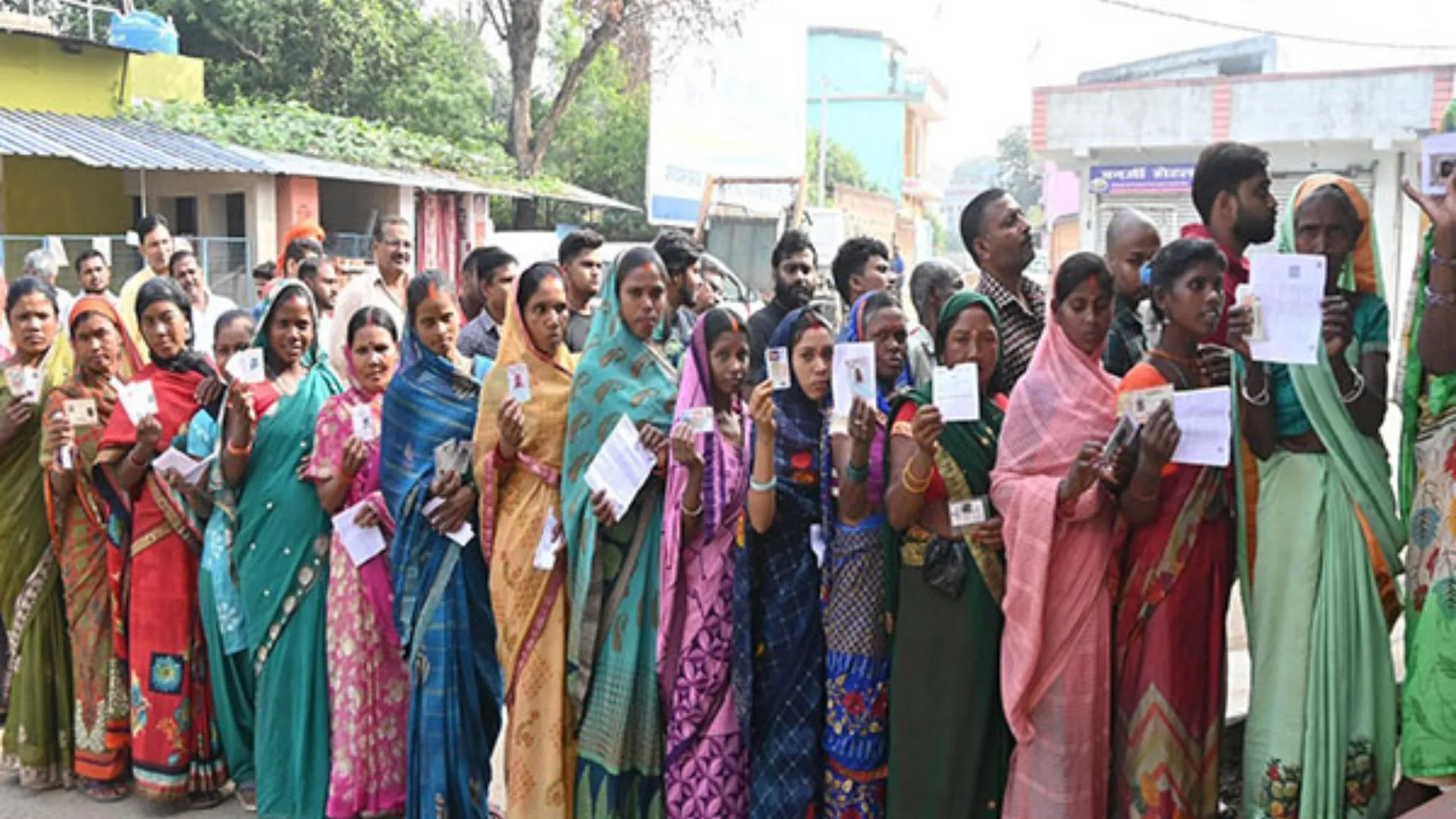During the second hearing of the Kolkata rape and murder case of the 31-year-old postgraduate trainee doctor today at the Supreme Court, Chief Justice of India (CJI) DY Chandrachud took a moment to correct his pronunciation of the renowned RG Kar Medical College and Hospital, following a suggestion from Supreme Court judge, Justice Hrishikesh Roy. The CJI admitted that he had been mispronouncing “Kar” as “Kaar,” a mistake pointed out by Justice Roy. “By the way, Justice Hrishikesh Roy pointed out to me that you kept on saying ‘Kaar’, ‘Kaar’, it’s ‘Kar’. I apologise,” the Chief Justice remarked when an advocate mentioned she was representing junior doctors from the hospital.
SC addresses petitions
The Supreme Court was addressing petitions related to the brutal rape and murder of a 31-year-old postgraduate trainee doctor at the Kolkata-based RG Kar Medical College and Hospital. The tragic event, which took place on August 9, has not only shocked the nation but also ignited widespread protests demanding justice and safer working conditions for healthcare professionals.
Established in 1886 by the esteemed Indian physician Radha Gobinda Kar, the institution originally known as the Calcutta School of Medicine did not have an associated hospital or campus in its early years. By 1902, the college had secured its own building, and in 1916, it was renamed Belgachia Medical College. Two years later, it became Carmichael Medical College, in honor of Bengal’s Governor Thomas Gibson-Carmichael. After India gained independence, the college was renamed after its founder, Dr. Radha Gobinda Kar. Today, the institution, now managed by the West Bengal government, stands as one of the most respected medical colleges in the region.
Kolkata rape and murder case
The tragic death of the 31-year-old doctor has put a spotlight on the hospital, leading to nationwide protests by healthcare professionals. Medical examinations confirmed that the victim had been sexually assaulted, further fueling the outcry for justice. Doctors from various parts of the country have taken to the streets, demanding enhanced safety and better working conditions. The widespread protests have significantly impacted healthcare services across India, highlighting the urgent need for reform.
In response to the incident and the subsequent unrest, the Supreme Court has formed a National Task Force to recommend measures aimed at improving working conditions for healthcare professionals. During the hearing, an advocate representing a group of doctors pointed out the extreme working hours that many medicos endure, sometimes stretching to 36 hours without a break. In a heartfelt response, CJI Chandrachud acknowledged the issue, stating, “Please assure the doctors that we know they are working for 36 hours. I have personally slept on the floor of a public hospital when one of my family members was not well.”

















